Sharon Sigler is a survivor. There’s no doubt about that. After overcoming four different types of cancer, she’s certainly earned the title. A self-described optimist who “has a lot of Godwinks” in her story, Sigler, a Kennesaw-resident, credits her resiliency to God, the people in her life and her commitment to stay positive, no matter what.
“I call it a CANcer journey, because by using that approach, I have been able to gain further insight into myself and my purpose in the world,” Sigler said.
This is her story.
First diagnosis
On October 5, 1992, Sigler arrived at her workplace in Marietta when she was overcome by abdominal pain and fainted in the parking lot. A UPS worker and coworkers assisted her before she was rushed to the hospital for emergency surgery. An ovarian cyst the size of a grapefruit had ruptured and Sigler was hemorrhaging internally. After surgery, the doctor sent samples of the cyst for a biopsy.
Sigler had developed a malignant germ cell tumor, a rare form of ovarian cancer. Ovarian cancer affects about 1 in 70 women in the United States, according to the Cleveland Clinic. Less than 5 percent of ovarian cancers are malignant germ cell tumors. She was just 32 years old at the time.
“They said because of that, I would have a better chance of surviving,” Sigler said.
Sigler underwent chemotherapy and her right ovary was removed. After her last chemotherapy appointment in December 1992, Sigler said she was determined to be cancer free.
“And then in 1995, I got pregnant with my daughter, so I was very excited,” Sigler said. “I didn’t know if I could be pregnant with just my left ovary.”
With her daughter, her family and her health, Sigler continued to live her new lease on life to the fullest. She made it a point to stay positive and thrive, no matter how uncomfortable life became, she said. She formed a community with other survivors and made it a point to take care of herself.
“It’s been phenomenal as far as how I am still alive, and I’m a big believer in the mind, body, emotional, spiritual connection and how important our belief system is,” she said. “Research shows that resilience and purpose are two of the main characteristics that increase survivorship.”
The gene
In November 2017, Sigler went to her primary care doctor after feeling a longer-than-usual bout of malaise from her flu shot. After discovering a lump in her left breast, Sigler’s doctor scheduled a biopsy.
“Then it came back that it was breast cancer,” Sigler said. “So I ended up scheduling to have a lumpectomy.”
Again, Sigler’s medical team had caught the cancer early; the tumor was only at stage one, which allowed Sigler to receive brachytherapy radiation treatment. She chose to forgo chemotherapy for this form of breast cancer.
Once Sigler was again cancer free, she decided to undergo genetic testing to see if she had oncogenes, or genes that have the potential to cause cancer. Sigler said she was not BRCA1 or 2 positive (BRCA1 and 2 are often known as “breast cancer genes”), but was positive for the ATM gene. According to the Helen Diller Family Comprehensive Cancer Center, studies suggest women who carry a mutation in the ATM gene have an estimated 20-60 percent increased risk for breast cancer and are also at higher risk of developing other cancers.
“At 58 years old I found out I have this gene that could be the reason for my breast cancer,” she said. “They didn’t have enough data to know if it was why I had ovarian cancer back then.”
The return
When the pandemic began in March 2020, Sigler was in good health. She had just been given the all clear from her doctors after a cancer screening in January. But then, just a month after losing her mother to Parkinson’s complications, doctors discovered Sigler’s tumor marker levels were out of normal range.
“The thing is, I felt fine,” she said. “And so I just didn’t really think anything of it because I felt fine. (My doctor) wanted to take it a bit further and she ordered a CT scan. The CT scan results came back that I had a tumor in my breast but also there was a fluffy thing in my right lung.”
Test results came back and revealed Sigler had breast cancer again and a small tumor in the back of her lung, despite never smoking. After further testing, doctors told Sigler her lung cancer wasn’t malignant and her breast cancer was not a recurrence of the cancer from 2017, but a new primary breast cancer.
When asked to schedule her lung surgery to remove the tumor, Sigler chose a significant date: the same day she was rushed to the hospital in 1992.
“I felt that, well I lived through October 5, 1992, so this seems like a good date,” she said.
After the success of her lung surgery, Sigler underwent chemotherapy for her breast cancer after developing inflammatory breast disease.
“The chemotherapy ended April 6,” Sigler said. “Two weeks later, I got my first Pfizer vaccine.”
Despite undergoing surgeries and chemotherapy, Sigler’s oncologist decided in June to place her on a targeted therapy drug to avoid the recurrence of her lung cancer and undergo radiation to avoid recurrence of her breast cancer.
“I thought I was finished and I just remember bursting into tears in her office,” she said. “I just didn’t want to have to do much more and then I realized that if I wanted to live or increase my chances of living that this is what I would need to do to avoid reoccurrence.”
Today, Sigler has completed her treatments and is once again cancer free.
Sigler credits her near lack of side effects from the chemotherapy with several things, but mostly her determination to keep a positive outlook. She renamed chemo “healing juice” and radiation “radiant light” treatments.
“This last journey has given me more of an insight into the power of healing in various modalities: the mind, the body, the emotions and the spirit — and by integrating all of that is why I’m able to successfully handle the treatments and the side effects,” she said.
Sigler even goes so far as to refrain from using the term “battling cancer.”
“I think you can get to a place where you can say, ‘I’ve been able to manage and overcome cancer. I’m not battling it, I’m managing it and overcoming it,’” she said. “I really do believe that the stories we tell ourselves and the words we use, those are very instrumental to how our cells respond. As I talk about positive people, well they do have positive words that they tell themselves and that has a cellular effect in our bodies.”
Sigler said it’s important to know one’s body and believe their intuition. Her motto is to be your own advocate for your health and if something doesn’t feel right, let it be known. Having developed her latest two cancers in less than six months, Sigler also advises to get regular screenings and attend routine doctor’s appointments.
“I did have an all clear mammogram in January 2020,” she said. “Breast cancer developed in less than 6 months.”
Sigler said she doesn’t want to be known as “Sharon the cancer lady.” That’s not who she is. But she hopes her story can help someone else. She even hopes to one day put her radio career to use and host a podcast where people can share their stories of overcoming, surviving and thriving.
“We all have a story to tell,” she said. “I think in the sharing of our stories, we can have community and heal ourselves, or heal each other.”
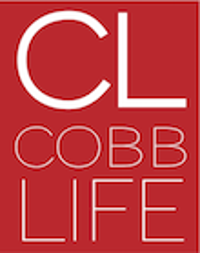

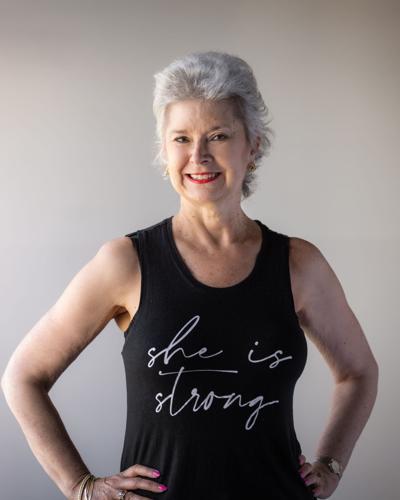
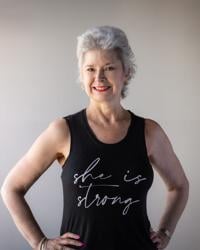
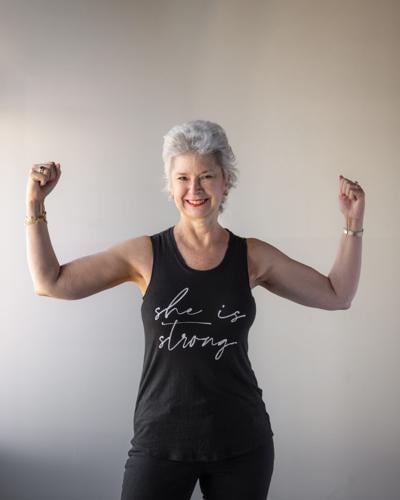
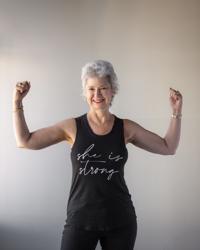

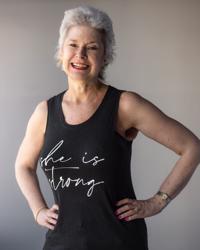

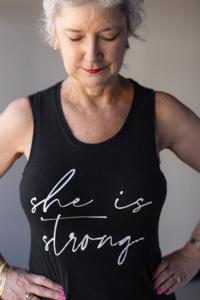
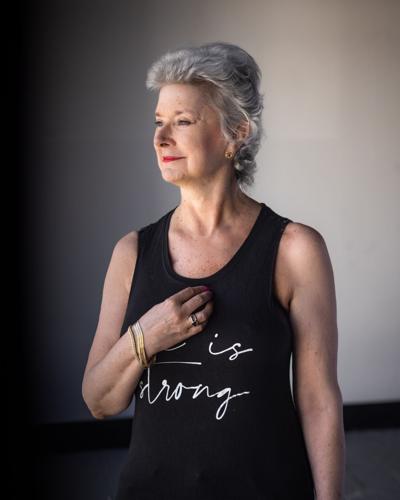
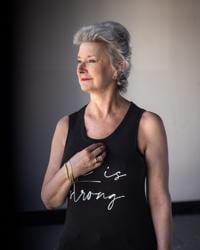

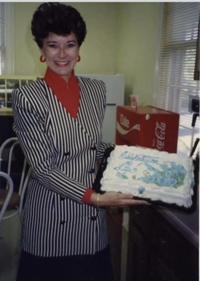

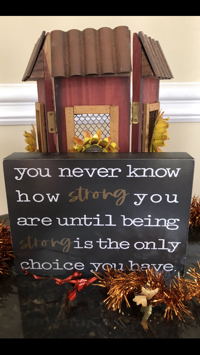


(0) comments
Welcome to the discussion.
Log In
Keep it Clean. Please avoid obscene, vulgar, lewd, racist or sexually-oriented language.
PLEASE TURN OFF YOUR CAPS LOCK.
Don't Threaten. Threats of harming another person will not be tolerated.
Be Truthful. Don't knowingly lie about anyone or anything.
Be Nice. No racism, sexism or any sort of -ism that is degrading to another person.
Be Proactive. Use the 'Report' link on each comment to let us know of abusive posts.
Share with Us. We'd love to hear eyewitness accounts, the history behind an article.